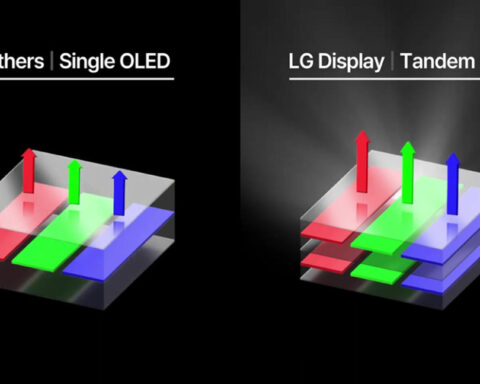The Justice Department’s significant antitrust case against Google began in court today, initiating a trial that is expected to span several months and has the potential to disrupt the technology industry.
The Justice Department is trying to prove that Alphabet’s Google pays approximately $10 billion annually to device manufacturers like Apple, wireless carriers like AT&T, and browser developers like Mozilla in order to maintain its search engine’s market share at approximately 90%.
However, Google’s attorney, John Schmidtlein, argued that these payments are a form of compensation for partners who ensure that the software receives timely security updates and other necessary maintenance.
Google also contended that the U.S. was mistaken in alleging that the search and advertising giant violated the law to retain its substantial market share. Google emphasized that its search engine’s immense popularity is primarily due to its quality, and it pointed out that dissatisfied users have the option to switch with “a few simple clicks.”
The ongoing case against Google, which focuses on its search business, is distinct from another federal antitrust lawsuit filed earlier this year. In that particular lawsuit, the Justice Department contends that Google used “anticompetitive, exclusionary, and unlawful tactics” to eliminate challenges to its digital advertising dominance.
Kenneth Dintzer from the Justice Department contended that, apart from the payments, Google engaged in manipulative practices during auctions for internet ads, aiming to drive up prices for advertisers. He also stated that without significant competition, Google’s level of innovation decreased, and its focus on other important aspects, such as privacy, was diminished.
If Google is found to have violated the law, the Judge responsible for the case, Amit Mehta, will subsequently determine the most suitable course of action. His decision could involve directing Google to cease the practices deemed illegal or potentially instructing Google to sell certain assets.
The legal battle holds significant ramifications for the Big Tech industry. These tech giants have faced allegations of either acquiring or stifling small competitors, yet they have often shielded themselves from antitrust accusations by offering their services to users for free, as seen with Google, or at low costs, as is the case with Amazon.





